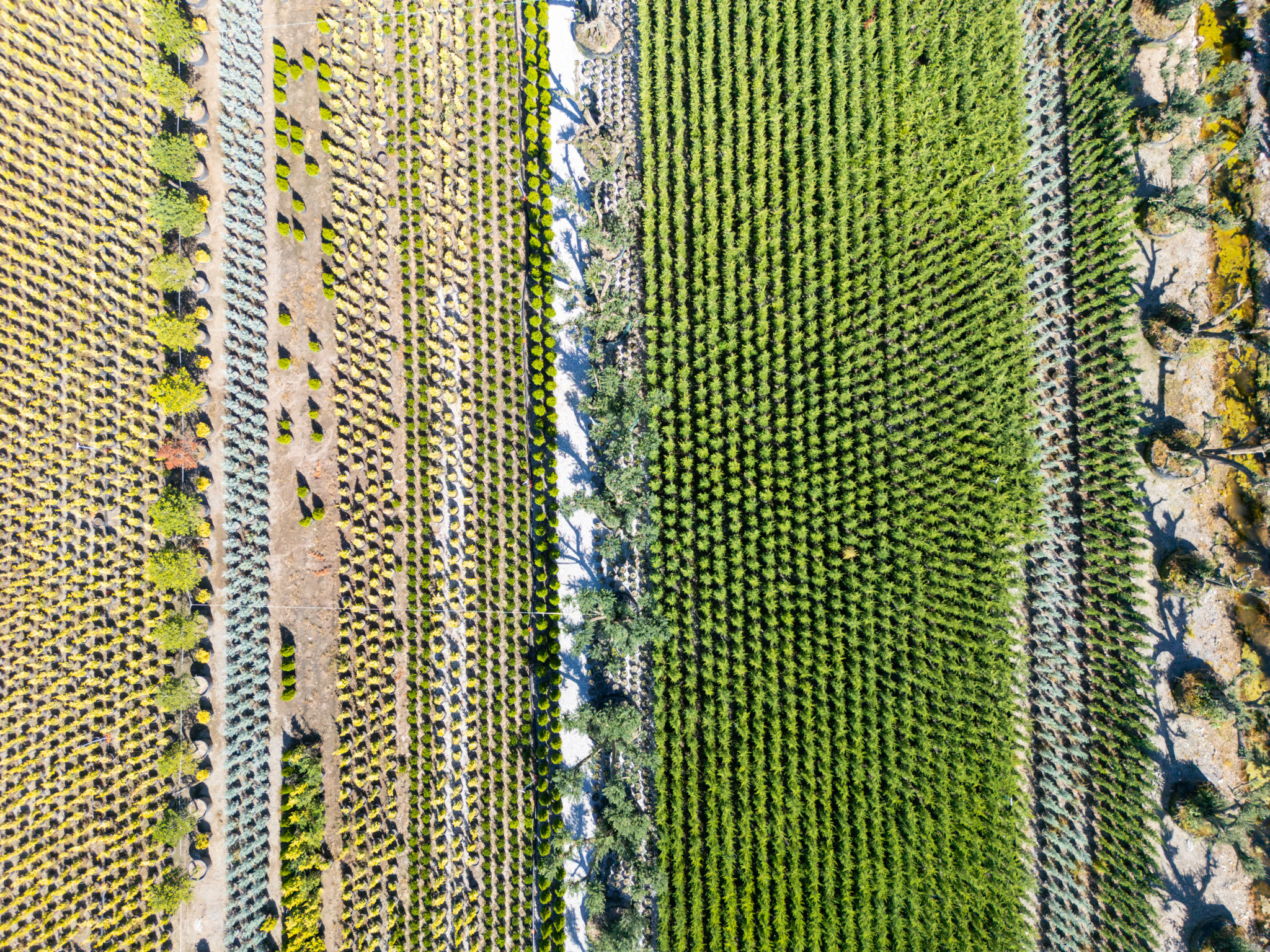Eco-Friendly Farming Methods: A Guide to Sustainable Agriculture in Malawi
LW
Understanding Eco-Friendly Farming Methods
As the world grapples with climate change and environmental degradation, eco-friendly farming methods have become increasingly important. In Malawi, a country heavily reliant on agriculture, adopting sustainable practices is not just beneficial but crucial for long-term food security and environmental health.
Eco-friendly farming involves practices that promote environmental health while maintaining productivity and profitability. These methods aim to reduce the negative impact of farming on the environment, conserve resources, and enhance biodiversity.

Organic Farming
Organic farming is a cornerstone of sustainable agriculture in Malawi. This method avoids the use of synthetic fertilizers and pesticides, instead relying on natural alternatives. Organic farming helps preserve soil health and reduces water pollution, promoting a healthier ecosystem.
Farmers in Malawi are increasingly embracing organic composting, crop rotation, and biological pest control. By focusing on natural soil enrichment, organic farming enhances soil fertility, leading to healthier crops and increased yields over time.
Agroforestry
Agroforestry is another eco-friendly practice gaining traction in Malawi. This method integrates trees and shrubs into farmlands, combining agriculture and forestry to create more diverse, productive, and sustainable land-use systems.

The benefits of agroforestry include improved soil fertility, increased biodiversity, and enhanced carbon sequestration. Trees provide shade and windbreaks for crops, reduce soil erosion, and contribute to a balanced ecosystem.
Conservation Agriculture
Conservation agriculture focuses on minimal soil disturbance, permanent soil cover, and crop rotation. These practices help to maintain soil structure, improve water retention, and decrease erosion rates.
Malawian farmers practicing conservation agriculture benefit from reduced labor costs and improved resilience to climate change. These methods also contribute to maintaining soil health and boosting long-term agricultural productivity.

Water Management
Effective water management is vital for sustainable farming in Malawi. Techniques such as rainwater harvesting, drip irrigation, and mulching help conserve water resources while ensuring crops receive adequate hydration.
By implementing these water-saving methods, farmers can enhance crop yields even during periods of drought. Efficient water management practices also reduce the risk of soil degradation and promote sustainable farming.
The Future of Sustainable Agriculture in Malawi
As the importance of sustainable agriculture becomes more apparent, Malawian farmers are increasingly adopting eco-friendly methods. These practices not only contribute to environmental conservation but also offer economic benefits by reducing input costs and improving crop yields.
Education and support from governmental and non-governmental organizations play a critical role in encouraging the widespread adoption of these methods. By investing in training and resources for farmers, Malawi can continue to advance its agricultural sector sustainably.

In conclusion, eco-friendly farming methods present a viable path toward achieving sustainable agriculture in Malawi. As more farmers embrace these practices, the country can look forward to a future of improved food security, environmental health, and economic prosperity.
